What is Forex Trading?

What is Forex Trading? – A Comprehensive Global Guide for Beginners across the Globe. Everything you need to know to make a positive start!
| Aspect | Explanation |
| What is Forex Trading? | The process of buying and selling currencies in the global market. |
| How it works | Buy one currency while selling another. |
| Currency Pairs | Examples: EUR/USD GBP/JPY |
| Goal | Profit from exchange rate fluctuations. |
| Market Hours | 24 hours a day 5 days a week. |
The Quick Answer!
Forex trading is the process of buying and selling currencies in the global market. Traders aim to profit from price movements between currency pairs, such as EUR/USD. It operates 24 hours a day and is the world’s largest financial market.
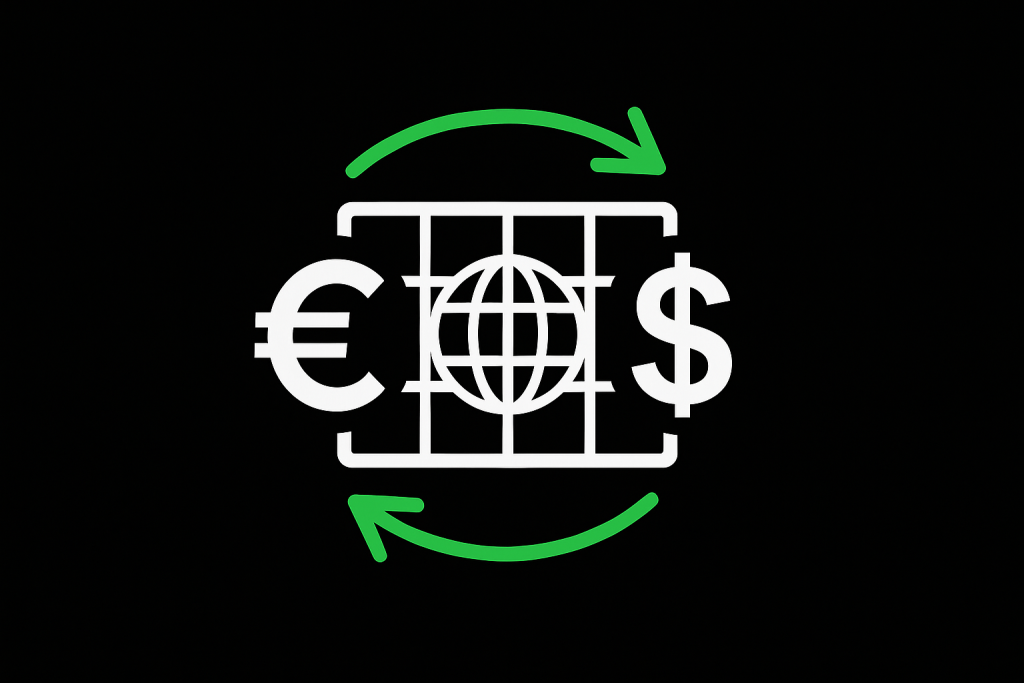
Forex Trading Explained
Forex trading enables individuals and institutions to buy and sell currencies in a dynamic global market. Traders capitalize on the price movements of currency pairs, such as EUR/USD, to seek profit opportunities. While accessible and highly liquid, the market requires knowledge, strategy, and strong risk management for sustainable success.
| Aspect | Details |
| Market Type | Global Currency Exchange |
| Trading Hours | 24 hours 5 days a week |
| Key Participants | Banks Corporations Retail Traders |
| Main Currency Pair | EUR/USD |
Frequently Asked Questions
What is the minimum amount needed to start forex trading?
Most brokers allow you to start trading with as little as $100. However, beginning with a larger capital base provides more flexibility, reduces leverage risks, and offers better money management options for long-term consistency.
Is forex trading risky?
Yes, forex trading carries high risks due to leverage and volatility. Without proper education, planning, and risk controls, losses can occur quickly. Therefore, understanding the market and applying strict risk management strategies are vital for minimizing exposure.
Our Insights
Forex trading presents immense opportunities for profit and diversification. However, success demands commitment to learning, a well-structured strategy, and disciplined risk management. Beginners should approach gradually, practice on demo accounts, and prioritize education before committing significant funds.

★★★★★ | Minimum Deposit: $100 Regulated by: CBI, BVI, FSC, ASIC, FSCA, JFSA, FFAJ Crypto: Yes |
What is Forex Trading? – A Visual Overview
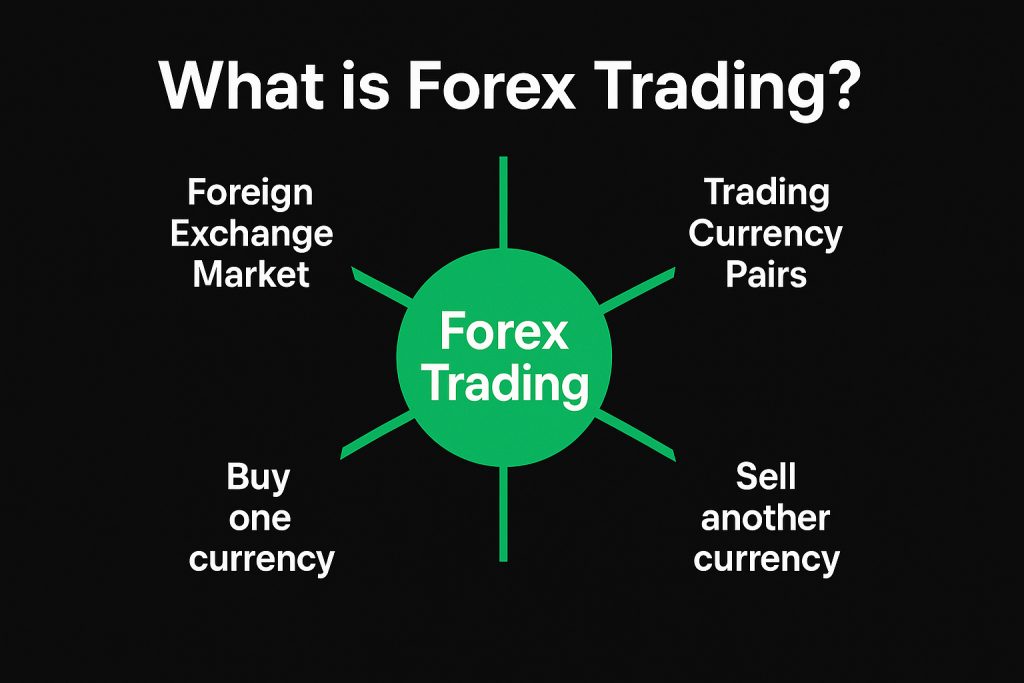
★★★★ | Minimum Deposit: $100 Regulated by: FCA, CySEC, ASIC, MAS, FSA, EFSA, DFSA, CFTC Crypto: Yes |
How Does Forex Trading Work?
Forex trading functions as a vast global marketplace where currencies are exchanged for profit. It operates continuously through major financial hubs, allowing traders to leverage tools like spot transactions and futures while analyzing economic indicators and global events to make informed decisions.
| Aspect | Details |
| Market Type | Global decentralized currency exchange |
| Trading Hours | 24 hours a day 5 days a week |
| Key Elements | Currency pairs, technical and fundamental analysis |
| Participants | Banks institutions individual traders |
Frequently Asked Questions
What is a currency pair?
A currency pair represents the value relationship between two currencies. It shows how much of the quoted currency is required to purchase one unit of the base currency. These pairs are categorized into majors, minors, and exotics depending on the currencies involved.
What are the main trading sessions in forex?
Forex trading runs 24 hours through overlapping sessions: the Asian session, the London session, and the New York session. These sessions ensure constant market activity, providing traders with flexibility and opportunities throughout the day.
Our Insights
Forex trading offers lucrative possibilities but comes with inherent risks. Therefore, traders must combine strategy, technical knowledge, and disciplined risk management for success. Continuous learning and a cautious approach remain crucial for navigating this dynamic global market effectively.
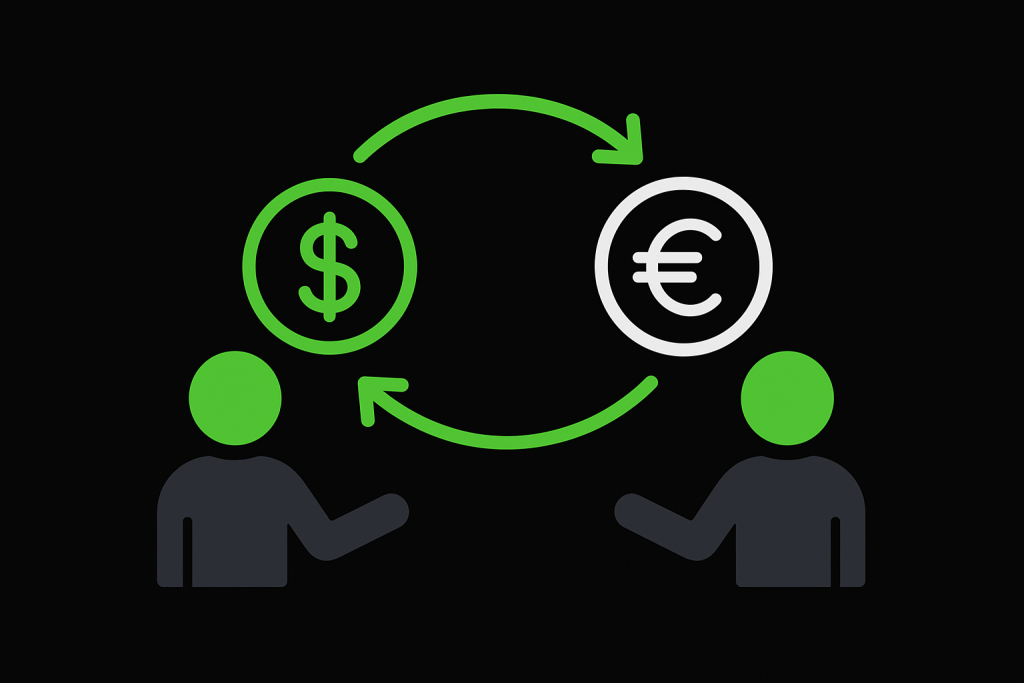
★★★★★ | Minimum Deposit: $25 Regulated by: CySEC, MISA, FSCA, FSC Crypto: Yes |
Choosing the Right Forex Broker
Selecting the right forex broker involves more than just signing up. Traders must ensure regulation by reputable authorities, competitive pricing, and robust platform features. Coupled with advanced technological tools like automated systems and trading apps, today’s traders can operate with greater confidence and efficiency.
Frequently Asked Questions
What should I look for in a forex broker?
Traders should prioritize brokers regulated by trusted authorities such as 🇬🇧FCA or 🇦🇺ASIC. Look for user-friendly platforms, competitive spreads, quick execution speeds, and reliable customer support to ensure fair, smooth, and effective trading experiences.
How do trading platforms improve the trading experience?
Modern trading platforms simplify decision-making by offering real-time quotes, advanced charting, and technical tools. They enable precise analysis and efficient execution, helping traders stay responsive and informed across different market conditions.
Our Insights
Successful forex trading starts with the right broker and the right tools. By choosing a regulated broker and using platforms, trading robots, and mobile apps, beginners and pros alike can improve trade efficiency, reduce emotional errors, and navigate global markets with greater control.
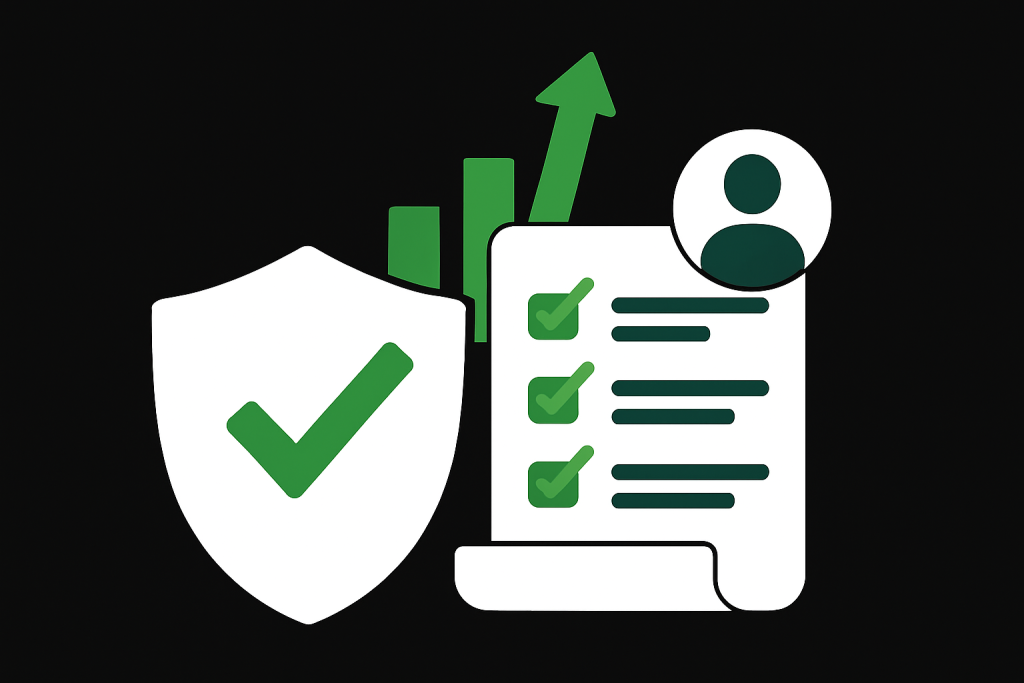
★★★★★ | Minimum Deposit: $200 Regulated by: ASIC, BaFin, CMA, CySEC, DFSA, FCA, SCB Crypto: Yes |
How to Start Forex Trading
Independent reviewers note that beginners succeed faster when they open with a regulated broker, practice on a demo, and commit to structured education. They highlight risk-managed funding, rule-based strategies, and continual reflection on psychology as critical, because these steps reduce avoidable losses and sharpen decision-making.
| Step | What You Do | Why It Matters | Quick Tip |
| 1 | Pick a regulated broker: 🇬🇧FCA 🇦🇺ASIC 🇺🇸NFA | Protects funds and ensures fair dealing | Verify licence number on the regulator’s register |
| 2 | Open and verify account | Enables legal funding and withdrawals | Prepare ID and proof of address |
| 3 | Fund small | Limits early downside | Risk a fixed fraction per trade |
| 4 | Use a demo | Tests strategy without loss | Track metrics in a journal |
| 5 | Educate continuously | Builds edge and confidence | Schedule weekly learning blocks |
| 6 | Trade live slowly | Converts theory into practice safely | Start with micro lots |
| 7 | Review and adapt | Keeps your edge current | Update your plan monthly |
How to Start Forex Trading – Step by Step Guide
1: Step 1: Choose a regulated broker
Look for 🇬🇧FCA, 🇦🇺ASIC, or 🇺🇸NFA oversight.
2: Step 2: Open and verify your account
Complete KYC, upload documents, and await approval.
3: Step 3: Fund modestly
Start small to control risk while you learn execution.
4: Step 4: Practice on a demo
Test strategies, master the platform, and track emotions.
5: Step 5: Educate continuously
Webinars, articles, structured courses, and forums build skill.
6: Step 6: Draft a trading plan
Define entry rules, risk per trade, and exit logic.
7: Step 7: Go live gradually
Scale position sizes only after consistent demo performance.
8: Step 8: Review and adapt
Journal trades, refine rules, and update your plan as markets change.
Frequently Asked Questions
What is the safest way to open your first forex account?
Safety starts with regulation. Select a broker supervised by authorities such as 🇬🇧FCA, 🇦🇺ASIC, or 🇺🇸NFA, complete full identity verification, and begin with a small deposit. Set strict position sizing and risk limits so early mistakes do not jeopardise your long‑term learning curve.
Why should you start with a demo account before trading live?
A demo replicates market conditions with virtual funds, letting you learn order types, refine strategies, and observe your emotional reactions without financial damage. This rehearsal phase builds platform fluency and process discipline, which ultimately shortens the path to consistent, risk-aware live trading.
Our Insights
Forex success rarely comes from speed. It comes from structure: a regulated broker, disciplined practice on a demo, and relentless education. Apply a written plan, manage risk tightly, and scale up only when results prove durable. That sequence protects capital while accelerating true competency.
★★★★ | Minimum Deposit: $100 Regulated by: ASIC, FCA, CySEC, SCB Crypto: Yes |
Who Moves the Forex Market?
The forex market is a global ecosystem driven by various participants, each playing a distinct role in shaping currency movements. From institutional giants to independent retail traders, understanding who these players are can help traders interpret price actions and refine their strategies effectively.
| Participant Type | Description | Trading Volume | Market Influence |
| Retail Traders | Individual online traders | Low to Medium | Collective short-term impact |
| Institutional Traders | Banks funds corporations central banks | High | Large-scale trend setters |
| Central Banks | National monetary authorities | Strategic | Policy-driven interventions |
| Online Brokers | Platforms for retail access | Varies | Enable global participation |
Frequently Asked Questions
Who are retail forex traders?
Retail forex traders are individuals trading currencies via online brokers. While they trade in smaller volumes, their combined activity can impact the market. They typically rely on technical or fundamental analysis and benefit from increased accessibility through modern trading platforms.
What role do institutional traders play?
Institutional traders, such as banks, hedge funds, and investment firms, engage in high-volume forex transactions. Their trades inject liquidity into the market and shape long-term trends. Their decisions often reflect deep market insights and are backed by sophisticated tools and strategies.
Our Insights
Retail and institutional traders are both vital to the structure of the forex market. Retail participants bring volume and diversity, while institutions drive liquidity and long-term trends. For traders, understanding these dynamics can unlock more informed decision-making and improved trading outcomes.
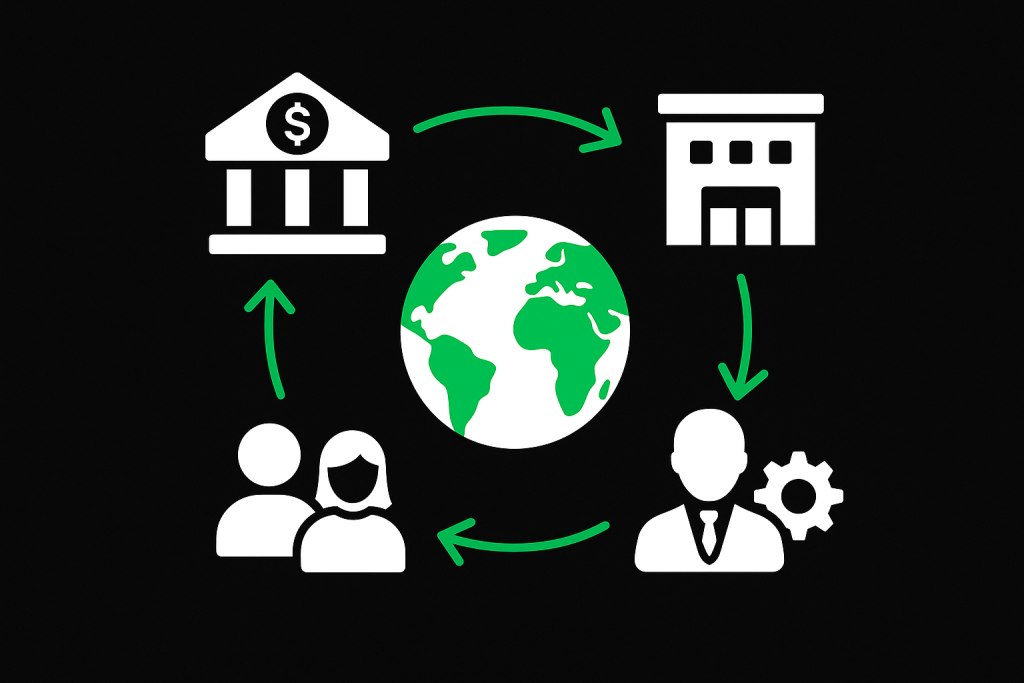
★★★★ | Minimum Deposit: $200 Regulated by: FCA, CMA, FSC, SCA Crypto: Yes |
How to Analyze the Forex Market
Forex market analysis empowers traders to make informed decisions by understanding economic trends, chart patterns, and market sentiment. Through fundamental, technical, and sentiment analysis, traders identify potential opportunities and anticipate price shifts. This balanced approach enhances accuracy and confidence in trading strategies.
| Analysis Type | Focus Area | Tools Used | Purpose |
| Fundamental Analysis | Economic political social data | GDP interest rates | Predict long-term currency trends |
| Technical Analysis | Price charts and volume patterns | Indicators trend lines | Forecast short-term price movements |
| Sentiment Analysis | Trader emotions and opinions | Social media surveys | Gauge market mood and bias |
Frequently Asked Questions
What is fundamental analysis in forex trading?
Fundamental analysis explores economic, political, and social conditions to determine a currency’s strength. By studying interest rates, inflation, and GDP, traders evaluate a nation’s financial health and forecast how its currency may behave in the market.
How does sentiment analysis impact forex decisions?
Sentiment analysis measures market emotion by analyzing trader behavior and public opinion. It reveals whether the market feels bullish or bearish, helping traders anticipate movements caused by optimism, fear, or hype.
Our Insights
Analyzing the forex market requires a strategic blend of methods. Traders who integrate fundamental, technical, and sentiment analysis gain a more complete market perspective. This synergy helps them identify patterns, predict price moves, and confidently manage risk while navigating the global trading landscape.
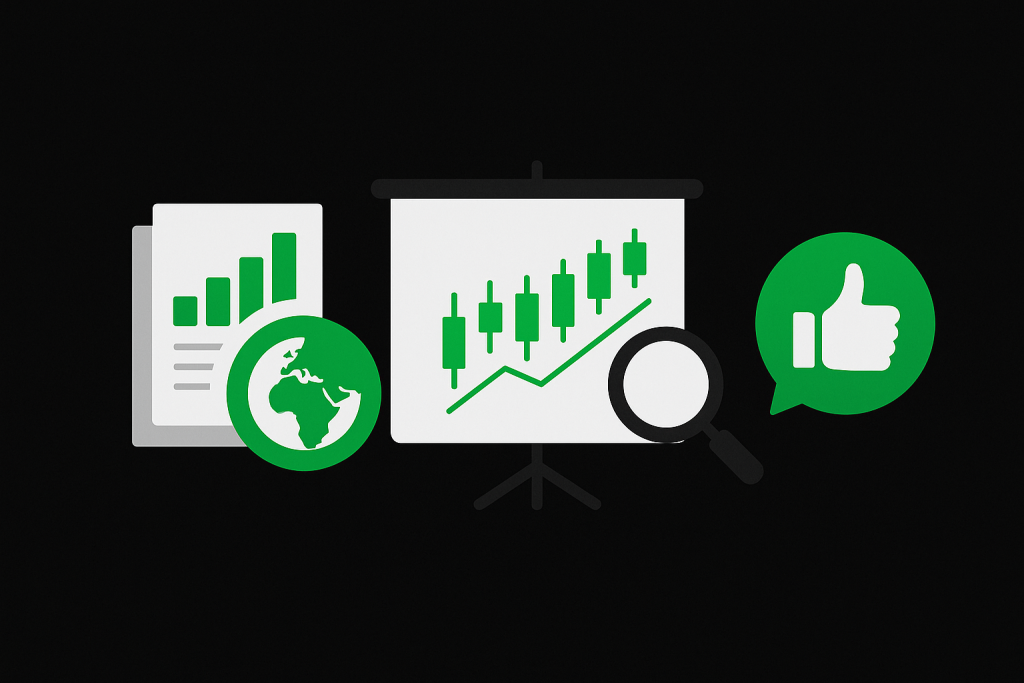
★★★★★ | Minimum Deposit: $100 Regulated by: FSA Crypto: Yes |
Risks and Challenges of Forex Trading
Forex trading offers exciting opportunities, but it also comes with significant risks. Traders must recognize potential pitfalls such as leverage, interest rate shifts, country instability, and low market liquidity. Through proactive risk management and informed decision-making, they can better protect their investments and optimize long-term performance.
| Risk Type | Key Impact | Common Trigger | Mitigation Strategy |
| Leverage Risk | Amplifies gains and losses | High margin use | Use stop-loss manage lot size |
| Interest Rate Risk | Influences currency value | Central bank rate changes | Monitor economic calendars |
| Country Risk | Causes unpredictable currency movement | Political or economic unrest | Follow global news and reports |
| Liquidity Risk | Causes slippage and execution issues | Low trading volume | Trade during peak market hours |
Frequently Asked Questions
What is leverage risk in forex trading?
Leverage risk arises when traders borrow capital to increase their position size. Although this can amplify profits, it also magnifies losses during unfavorable price movements. Managing this risk requires disciplined trading, using tools like stop-loss orders and trading with appropriate position sizes.
How do interest rates affect forex markets?
Interest rates directly impact currency strength. Higher rates attract foreign investors seeking better returns, which increases demand and boosts the currency. On the other hand, declining rates can lead to currency depreciation. Staying updated on central bank decisions is key to anticipating market reactions.
Our Insights
Successfully navigating forex trading means mastering its risks. From understanding leverage and interest rates to monitoring political climates and liquidity levels, traders must stay informed and apply disciplined strategies. While risks are unavoidable, managing them effectively can lead to more consistent, long-term success.
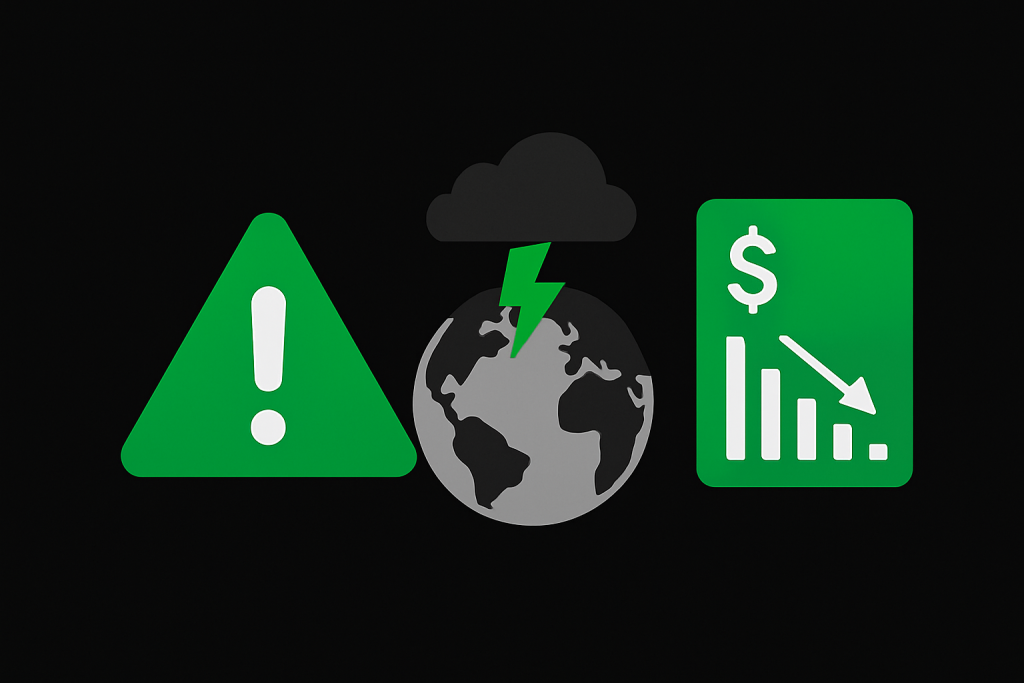
★★★★★ | Minimum Deposit: $0 Regulated by: FSCA, FSA, FCA, FSC, CMA Crypto: Yes |
Strategies For Successfully Trading Forex
Successful forex trading relies on more than market knowledge – it demands strategic execution and robust risk control. Traders thrive by developing personalized trading plans, managing leverage wisely, and using stop-loss or take-profit tools. With the right strategies and continuous improvements, success becomes a repeatable outcome rather than a guessing game.
| Strategy Element | Purpose | Benefit | Best Practice Example |
| Risk Management | Limit losses | Protect account capital | Use stop-loss/take profit orders |
| Trading Plan | Structure decision making | Improve consistency | Set risk/reward ratio, review regularly |
| Diversification | Spread exposure | Reduce impact of market shocks | Trade multiple currency pairs |
| Broker Selection | Ensure fair execution and support | Avoid technical and pricing issues | Choose regulated, reputable brokers |
Frequently Asked Questions
What is the importance of risk management in forex trading?
Risk management is vital for preserving capital. It helps traders avoid significant losses and sustain trading longevity by setting limits, sizing trades carefully, and controlling leverage. Managing risk ensures that a few bad trades do not wipe out months of progress.
How can I create an effective trading plan?
A strong trading plan includes clear goals, defined entry and exit points, acceptable risk/reward ratios, and money management rules. It acts as a decision-making guide and should be regularly reviewed to adapt to evolving market conditions and personal performance.
Our Insights
Long-term success in forex trading hinges on disciplined strategies. Traders who build strong trading plans, manage risk proactively, and diversify their positions are more likely to navigate market fluctuations with confidence. These core practices form the foundation of sustainable and profitable trading habits.
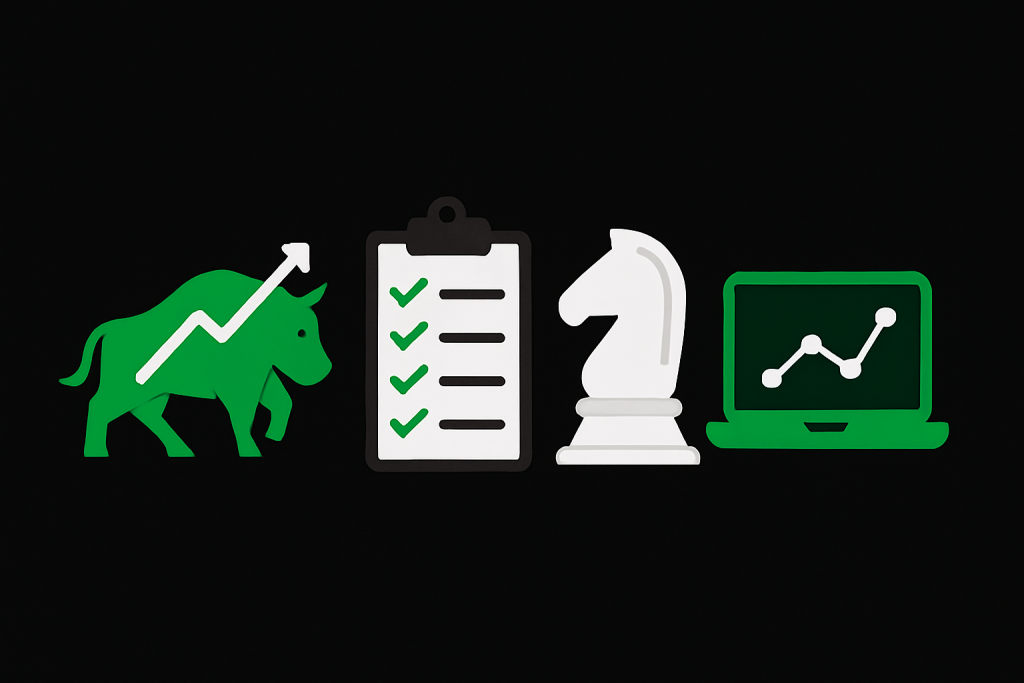
★★★ | Minimum Deposit: $10 Regulated by: FSC, FSA, VFSC Crypto: Yes |
In Conclusion
Starting your forex trading journey involves selecting a reputable broker, practicing with a demo account, and committing to continuous learning. By following these steps, you can build your skills and confidence, enhancing your chances of success in the forex market.
You might also like:
Best Forex Brokers for Beginners:
Frequently Asked Questions
What is forex trading and how does it work?
Forex trading involves exchanging one currency for another to profit from fluctuating exchange rates. It takes place in a decentralized global market, active 24 hours a day, where currencies like EUR/USD or GBP/JPY are traded across financial centers worldwide.
How much money do I need to start trading forex?
Many brokers allow you to begin with as little as $100. However, starting with a larger capital base, such as $500 or more, gives better control over trade sizes, reduces the risk of over-leveraging, and allows for more consistent money management.
Is forex trading risky for beginners?
Yes, forex trading carries risks due to leverage and market volatility. Without proper education, planning, and discipline, beginners can lose capital quickly. A strong foundation in risk management and trading strategy is essential before committing significant funds.
What is a currency pair in forex?
A currency pair shows the value of one currency compared to another, such as EUR/USD. The first is the base currency, and the second is the quote currency. You’re essentially buying one while selling the other, based on expected price movements.
What are the best trading sessions to trade forex?
Forex markets run 24 hours across three main sessions: the Asian, London, and New York sessions. Most activity occurs when the London and New York sessions overlap, providing the highest liquidity and most trading opportunities.
Why is risk management important in forex trading?
Risk management protects your account from significant losses. It involves setting stop-loss levels, managing trade size, and limiting leverage. By controlling risk, traders can stay in the game longer and build consistency over time.
What is the benefit of using a demo account before going live?
A demo account allows you to practice trading with virtual money. It helps build platform familiarity, test strategies, and control emotional responses – without risking real capital. It’s a critical step for beginners learning the basics of execution and planning.
How do interest rates impact forex markets?
Interest rates affect currency strength. Higher rates usually attract investors, boosting demand for the currency. Lower rates may lead to depreciation. Traders monitor central bank policies in regions like 🇺🇸USA, 🇬🇧UK, or 🇦🇺Australia for guidance on rate trends.
What should I look for in a reliable forex broker?
Choose brokers regulated by major authorities like 🇬🇧FCA, 🇺🇸NFA, or 🇦🇺ASIC. Look for tight spreads, fast execution, user-friendly platforms, and responsive support. A well-regulated broker protects your funds and ensures fair trading conditions.
What strategies help beginners succeed in forex trading?
Beginners benefit from structured trading plans, small position sizes, and gradual scaling. Combining technical and fundamental analysis, using stop-loss/take-profit orders, and continuously reviewing trades builds long-term discipline and confidence in the market.












